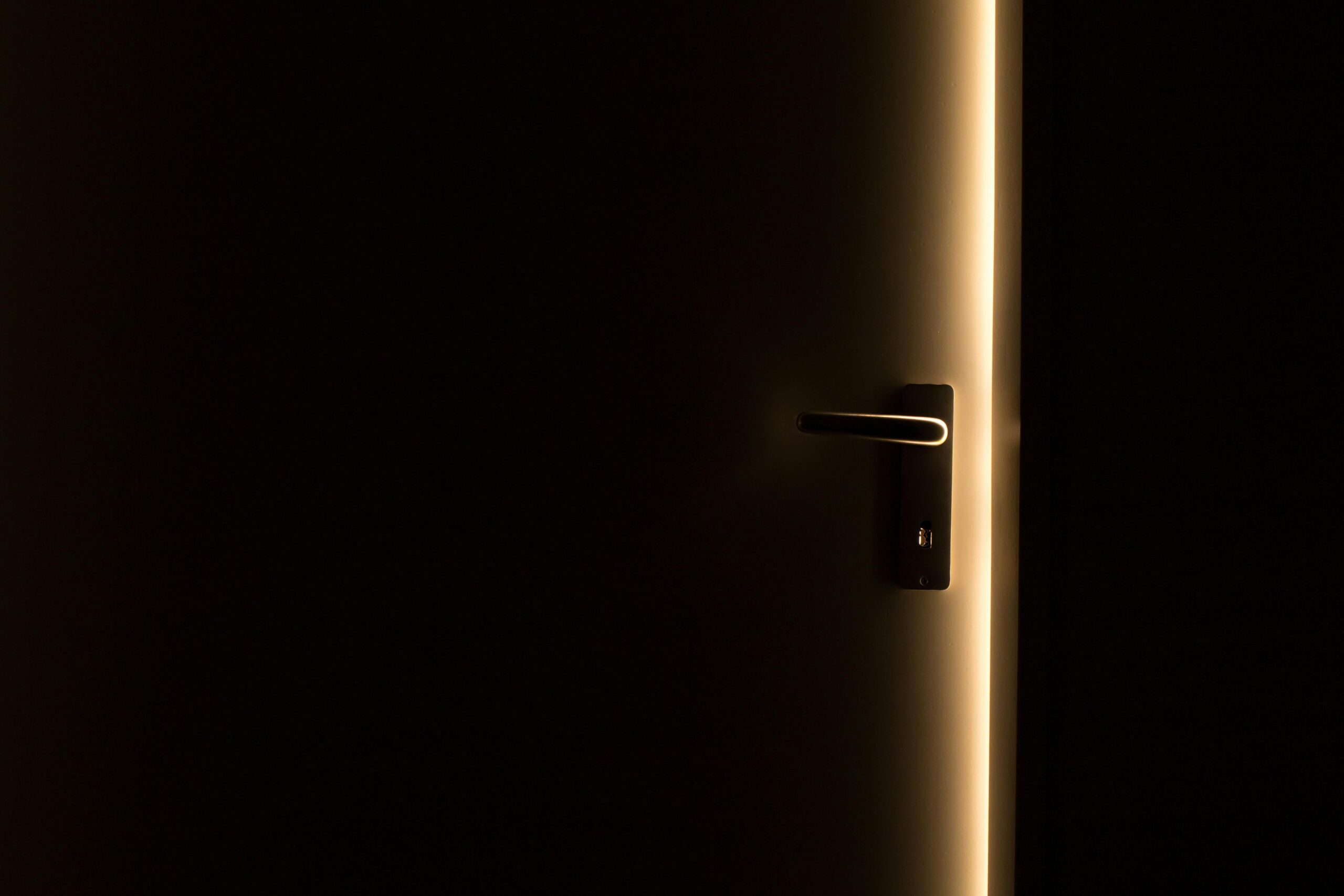Moving (Pt.1)
This article is my first one after moving to a new dwelling. I started writing it on July 3rd and often felt unable to continue halfway through.
But I feel that this is the first mature work I have written. It was also from the time of writing this article that I began to build a system to name the language system and theological core of my works.

June 5th, I submitted my residence renewal application. Then, I ordered recording equipment, drafted over a dozen episode ideas, and felt fully prepared. I was filled with anticipation that in the next three months, I could finally launch my podcast—and gradually shape it into something meaningful.
There were still three months left on my lease. I figured that would be enough time to receive the new residence card.
But the very next day, the landlord suddenly informed me that I had to move out by the end of the month.
When I first arrived in Barcelona last July, I spent a month and a half in a short-term student rental. In September, I moved into the home of a Chinese couple who ran a bar. I shared the apartment with them and their son, who had just started university.
They had come to Barcelona from China thirty years ago, working illegally at first. After many hardships and turns of fate, they had finally settled here.
In the beginning, we got along reasonably well. I listened patiently—especially to the uncle—as he boasted endlessly and complained about the world. I seldom gave my opinion, but tried to respond in ways that would keep the conversation smooth.
It didn’t take long before I grew weary—of the outdated and toxic values they constantly imposed on me, of being interrupted mid-task and forced to listen to rambling nonsense. I began avoiding them in the house as much as possible.
So every time they saw me, their “communication” became a stream of nagging: reminders to clean the kitchen sink, to lock the door, to take out the trash—always with a critical undertone, their attitude growing colder, sometimes lacking even the most basic courtesy or respect.
That night, around 11 p.m., the couple knocked on my door again. Their expressions were icy, as though they had long been fed up with me. Their words left no room for discussion—it was as if I no longer held any value in their eyes.
I was bewildered. What was harder to accept was how this sudden decision completely upended my plans.
Over the past ten months, I had endured the landlord’s frequent harassment and baseless accusations. I chose to ignore them, to yield, retreating further until I barely stepped into the common areas, closing myself in behind my bedroom door.
Because I treasured the stability of that small room.
That night, I still tried to remain gentle, hoping they might reconsider. If there were any issues, surely we could sit down and talk.
I stood in the doorway, facing them, feeling deeply embarrassed. I wasn’t even asking to stay—just hoping for an explanation. Even if I were a sinner, shouldn’t I at least be told what sin I had committed?
But their tone was arrogant, their accusations vague, as if simply allowing me to stay until the end of the month was already an act of mercy on their part.
We had no contract, just a deposit receipt. And I didn’t want to entangle myself further with them. That same night, I began searching for a new place online, well into the early hours. But what worried me more was the possibility they’d cancel my certificado de empadronamiento without my knowledge.
After some online research, I found out that changing one’s address during the residence renewal process wouldn’t have much impact. I put my phone down. It wasn’t the move that troubled me—what surged clearly into my awareness were the accumulated injustices and grievances I had long endured in silence.
For these ten months, the environment had been profoundly unfit for creativity. I had lived with constant compromise. If I could go back, I would never have chosen to rent that place.
Since arriving in Barcelona, I had never encountered any safety incidents. But in May, after I accepted my spiritual calling, I was followed for the first time—by a man who trailed me all the way to my building door. Thankfully, no harm was done.
The landlord couple reacted as though facing a crisis—not out of concern for my safety, but because I had brought them “trouble.”
Then, just two weeks ago, I collapsed twice in front of the bathroom early in the morning. They showed no concern, only remarked that I was “scary.”
Especially since the start of summer, there was always one of them sleeping at home during the day, but they would return around one or two in the morning to shower and clean. My window, facing the courtyard, was directly across from the air-conditioning unit outside—the nighttime noise often left me with a splitting headache.
It’s time to leave.
I was wrapped in a deep conviction—that behind all this, there was an undeniable purpose of goodness. God was sending me to a place He had set apart as holy.
And yet, that night, I still could not sleep.
In the stillness of night, my mind was unbearably loud.